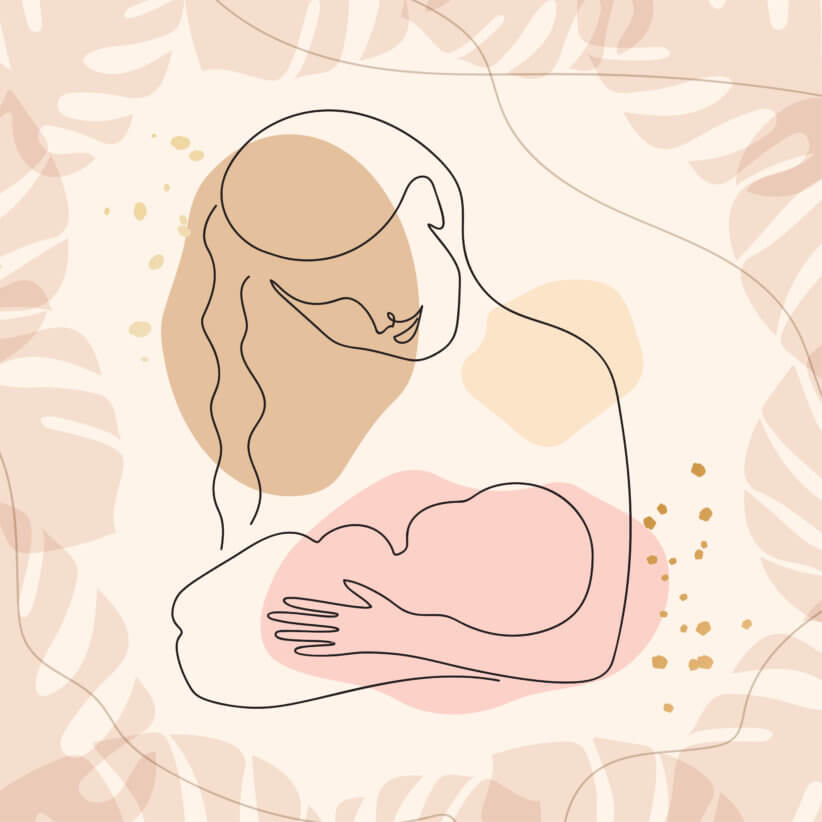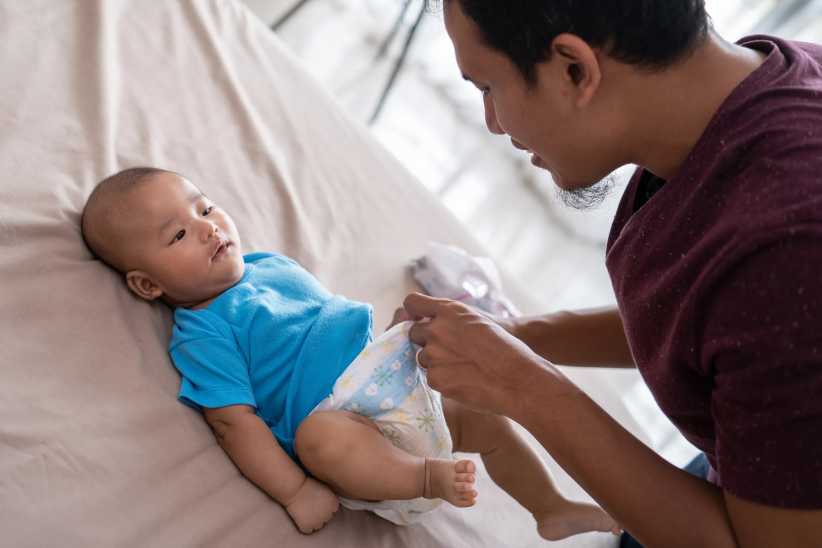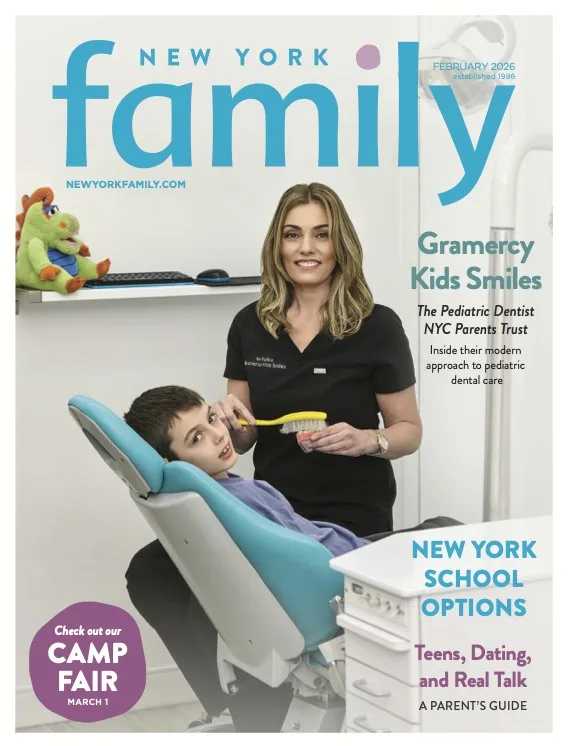
What is Koala Parenting? Here’s What You Need to Know
You can love it or hate it, but when big celebrities like Kim Kardashian endorse, well, anything at all, people tend to follow suit. After Kim K shared her fondness for koala parenting recently, the parenting style began gaining traction in the parenthood world.
What is koala parenting, you ask? Koala parenting promotes a close attachment between parents and their children from birth. More formally known as attachment parenting, the name koala parenting comes from the idea that parents who practice attachment parenting frequently hold their child, similar to how mother koalas hold onto their children.
The term attachment parenting was originally coined by pediatrician Dr. William Sears. Sears’ research indicated that a close attachment between a parent and child in the child’s early years allows the child to be independent and create strong personal relationships as they get older.
Sears’ method of attachment parenting includes seven principles to create an attachment to your baby, colloquially known as the seven Bs:
The 7 Principles of Koala Parenting
- Birth bonding, which consists of forming a strong bond between a baby and their parents by close skin-to-skin contact during their first weeks and months
- Breastfeeding
- Babywearing, which involves parents carrying their baby in a backpack-like carrier or wrap. This provides close contact between the parent and the child and also makes it easier for parents to complete daily tasks in a safe way. A study showed that babies who were carried in soft baby carriers, rather than portable infant seats, were more likely to form a secure attachment to their mothers.
- Bedding close to baby, better known as co-sleeping. Co-sleeping is another way of forming a stronger bond with your baby, but it’s been a controversial topic over the years. Due to risks associated with co-sleeping (like suffocation and oxygen deprivation), experts recommend sleeping in the same room as your baby, rather than in the same bed.
- Belief in the language of baby’s cry. Rather than abiding by the “cry it out” method, attachment parenting believes that a baby’s cry is a form of communication expressing a need, rather than considering the cries a form of manipulation and ignoring them.
- Beware of “baby trainers”, or experts who recommend schedules without knowing your baby.
- Balance, which involves meeting the parents’ needs adequately as well as the baby’s needs.
Benefits of Koala Parenting
Koala parenting comes with many potential benefits. Breastfeeding, one of the principles of attachment parenting, is proven to have many medical and developmental benefits. Studies have linked co-sleeping with reduced stress reactions in babies, such as lower levels of the stress hormone cortisol in infants who slept in the same room as their parents. Research has also indicated that attachment parenting could lead to improvement of language skills, emotional regulation and ability to manage stress later in life.
Koala Parenting Criticism
While there are a whole host of benefits that come with Koala Parenting, there are some potential drawbacks. Implementing some of the principles of attachment parenting could be physically and emotionally demanding on parents.
Additionally, anecdotal evidence suggests that children may have unpleasant and disrespectful behavior towards their parents and others if they aren’t receiving the attention or closeness that they want at the moment. A recent example of this can be seen when Kim Kardashian’s children interrupted her interview during her appearance on the Tonight Show Starring Jimmy Fallon. Many fans and media outlets blamed her adherence to koala parenting for the children’s behavior.
But overall, some of the principles of attachment parenting have some benefits, making them worth at least exploring. When researching parenting styles in preparation for a baby, you don’t have to stick to one style religiously. Learn about different styles to find what works best for you and your family.
Psst… Check out the Best Podcasts For Kids That Parents Will Also Love













